Programmers/Artists

Jack Chen
Application Programmer
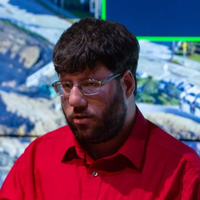
Nathan Patrick
Application Programmer
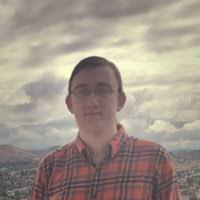
Brandon Fletcher
Application Programmer
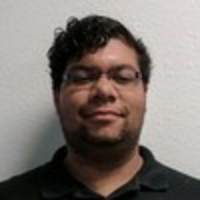
Alexander Buchanon
Application Programmer

Thomas Circle
3D Artist
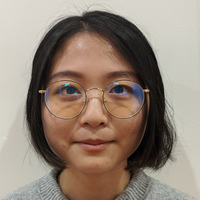
Corly Huang
Student Artist

Mary Nguyen
CSE Student
Associates
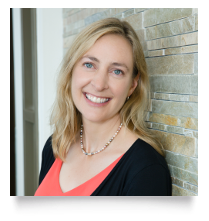
Leanne Chukoskie
DIRECTOR
Leanne is the Associate Director for the Research on Autism and Development Laboratory and also the Director of the Power of NeuroGaming (PoNG) Center at the University of California, San Diego. Her research scientist appointment lies in the Qualcomm Institute and the Institute for Neural Computation, allowing her to engage in interdisciplinary research with clinicians, engineers, and educators. Leanne's current research focuses on sensory-motor behavior, especially eye movement behavior and its neural correlates across both typical and atypical development. This focus has evolved from early studies of basic visual and eye movement processes combined with an interest and experience working with individuals on the autism spectrum. She seeks ways to use sensor-based technology to create closed-loop adaptive systems for intervention and assessments to evaluate intervention outcomes efficacy. Leanne and her close collaborator, Jeanne Townsend, Ph.D. (Neurosciences, UCSD) have designed and delivered a suite of gaze-contingent training games to improve spatial re-orientation of attention and gaze control of teens on the autism spectrum. This work led to the creation of the PoNG Center to develop and test sensor-enabled games targeted for different cognitive and motor skill assessment or improvement. This work also led to the creation of BrainLeap Technologies, a company that seeks to make the attention training games broadly available. Leanne also has over 10 years of experience in the science of learning through her participation in the NSF-funded Temporal Dynamics of Learning Center, and her use of innovative active learning methods honed while teaching at Minerva Schools.

Joe Snider
CO-DIRECTOR
Joe uses the tools of virtual reality, neural imaging, and psychophysics to study how humans deal with the noisy, ever changing, and confusing, environments we evolved in. Through this and his training in computational physics, he has 10+ years of integrating cutting-edge pieces of technology into coherent systems.
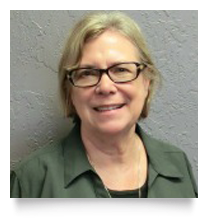
Jeanne Townsend
ADJUNCT PROFESSOR EMERITUS
Jeanne earned her doctorate in Clinical Psychology from UC San Diego/San Diego State University in 1992 and joined the Department of Neurosciences as a Postdoctoral Fellow in that year. She has a secondary appointment as Adjunct Professor in the UCSD Department of Cognitive Science and serves as faculty in the UCSD/SDSU Joint Doctoral Program in Communicative Disorders, the UCSD Stein Institute for Research on Aging, the UCSD/SDSU Joint Doctoral Program in Clinical Psychology, and the UCSD Center for Human Development/Human Development Program. She also serves on the advisory board for a newly funded Innovative Research Hub (Roles of Emotion and Choice for Learning, REaCh for Learning, Research Hub).
Jeanne directs the Research on Autism and Development Laboratory. She is a Clinical Neuropsychologist and Cognitive Neuroscientist whose focus is on the identification of brain structural and functional correlates of cognitive function, particularly dynamic attentional processes, and developmental changes in these relationships.
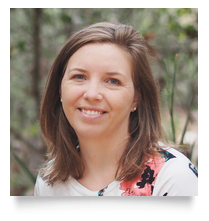
Sarah Hacker
STAFF RESEARCH ASSOCIATE
Sarah earned her B.A. in Psychology at the University of California, Riverside. She researched with the CCC Lab (Cognition, Categorization, and Conceptualization) to study rule and exception based categorization paradigms as well as overall working memory performance. Sarah's graduate work toward a M.A in Cognitive Psychology at the University of Nebraska, Omaha included courses in cognitive development, cognitive neurosciences, perception, and psycholinguistics. Her master's thesis examined the context effects in the popular megastudy method of word recognition experiments. As a research associate at the University of Iowa's Visual Function Lab, Sarah has helped to identify deficits in cognitive processing and attention in adults with sleep apnea, aging adults with mild cognitive impairment, and adults with chronic fatigue (i.e. 12 hour shift working nurses) using EEG, psychophysiological, and simulator methods.
Sarah is currently the staff research associate at RADLab, assisting in recruiting for and developing new studies that help us understand the cognitive performance of individuals with ASD.
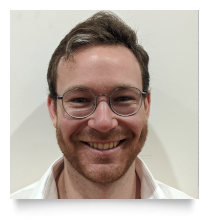
Trent L. Simmons
PROJECT MANAGER
Trent is a Research Associate - UCSD Research on Autism and Development Laboratory. Desire to go to graduate school and research the effects of sensory / neurofeedback games on cognitive mechanisms involved with attention and perception.
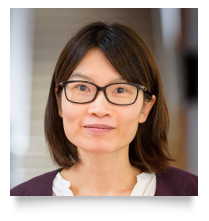
Tina Ng
ASSOCIATE PROFESSOR
Tina's research in flexible electronics aims to push the boundary of how electronics are made and used, in order to realize seamless human-computer interfaces. Her approach is based on scalable additive low-temperature, energy-efficient materials processing. Tina's expertise in flexible, stretchable sensors and actuators provides unique interactive interfaces that are ideal for integration in research-based video games.
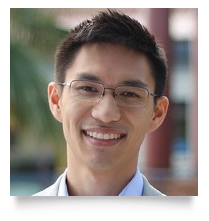
Michael Yip
ASSISTANT PROFESSOR
Michael’s research focus is on developing high-performance robotics that achieve dexterous and agile behaviors. This falls into three categories: (i) flexible robotics, (ii) surgical robotics, and (iii) robotic actuators and biomimetics. He investigates the design and control of flexible robotics, or snake-like robotics, for a broad range of medical, industrial, and military applications. Another significant research effort is in designing surgical robots to treat diseases such as heart disease and prostate cancer, including image-guidance and augmented reality for surgeons to guide them during an operation. A third area of research involves the design of robotic actuators and robotic limbs that mimic natural movement; this includes low-cost artificial muscles that have been used to design robot prostheses or animatronics limbs, and could be used for human augmentation.
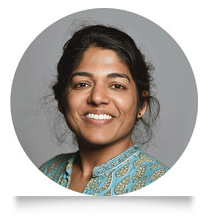
Jyoti Mishra
ASSISTANT PROFESSOR
Jyoti is an Assistant Professor in Psychiatry, whose research focuses on engineering and testing digital mobile technologies that serve as experimental diagnostics and therapeutics in human neuropsychiatric disorders.
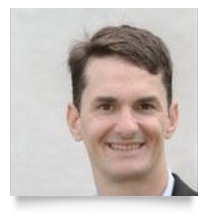
Gregory Light
PROFESSOR
Gregory is a Professor and Deputy Vice Chair of Education and Training in the UCSD Department of Psychiatry. Dr. Light also serves as the Director of Mental Health Research and the Director of the Mental Illness, Research, Education and Clinical Center (MIRECC) at the VA San Diego Healthcare System. In these roles, he provide leadership, supervision, and administrative support across several clinical, education, and multidisciplinary research programs. His work has been prominently featured in policy reports from the Institute of Medicine for next-generation strategies for personalized treatments of psychotic disorders.
Most psychiatric interventions are implemented in the absence of knowledge about individual variation in important domains of brain function that might influence therapeutic response and outcome. This “one-size-fits-all” approach to treatment is problematic, with treatment failure occurring far too often and incurring substantial cost to the patient, family, therapist and larger social system. To “bend the curve” on the individual outcomes and societal impact of chronic psychotic illness, we must advance our understanding of the neural substrates of the illness features that most strongly contribute to poor outcomes, and use this information to guide mechanistically informed, personalized treatments. My program of research has advanced the use of neurophysiological biomarkers to develop precision medicine trials for psychosis patients that are: 1) effectively delivered in “real-world” community centers; and 2) informed by objective, reliable, validated, and low-cost biomarkers for identifying patients most likely to benefit (or not) from treatments. Findings support large-scale biomarker-guided trials to prevent or ameliorate illness in high-risk cohorts or treatment refractory populations. This program ultimately aims to develop and apply personalized biomarker assessment tools to deliver the “right treatment” to the “right person” at the “right time.
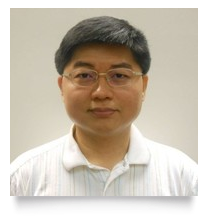
Ruey-Song Huang
ASSOCIATE PROJECT SCIENTIST
Ruey-Song is a research scientist and engineer with interdisciplinary background in electrical and computer engineering, cognitive psychology, cognitive neuroscience, and human neuroimaging. He is experienced in statistical signal/image processing and data analysis in time, space, and frequency domains. He directs the Brain, Body and Space lab at the Institute for Neural Computation and has recently attracted attention for developing a set of googles that allow you to feel the game you are playing, instead of just seeing and hearing it.

